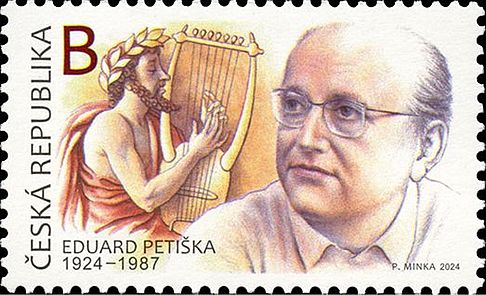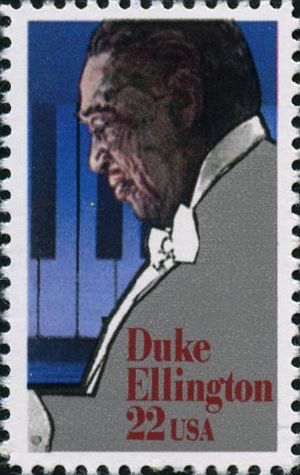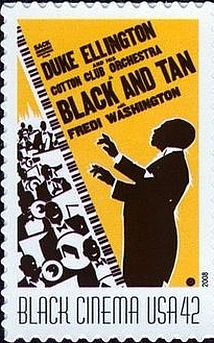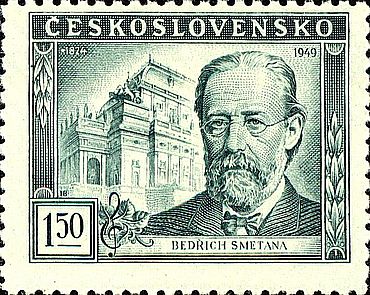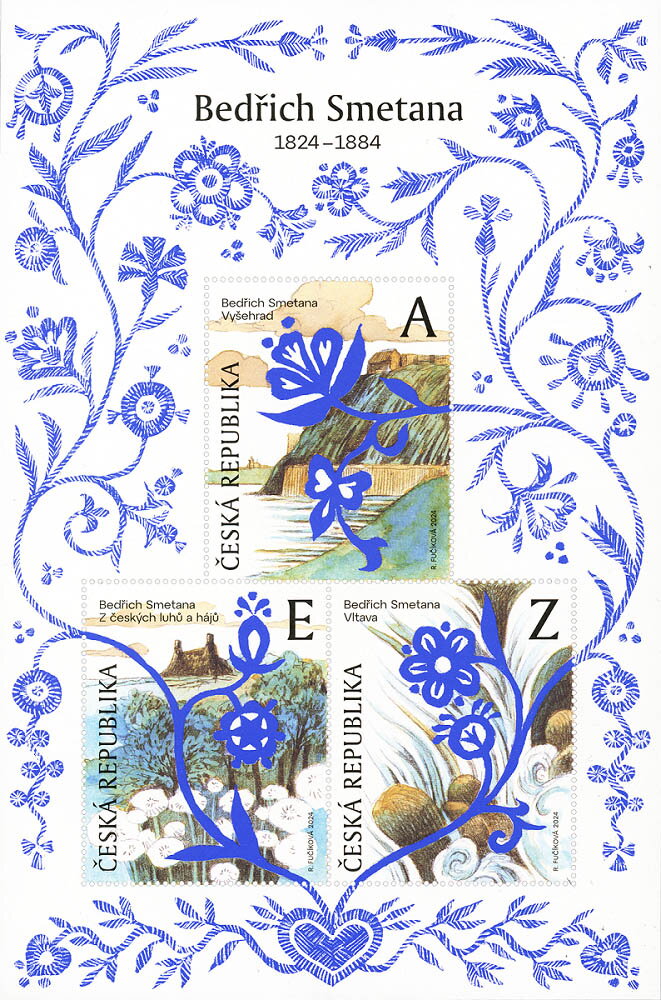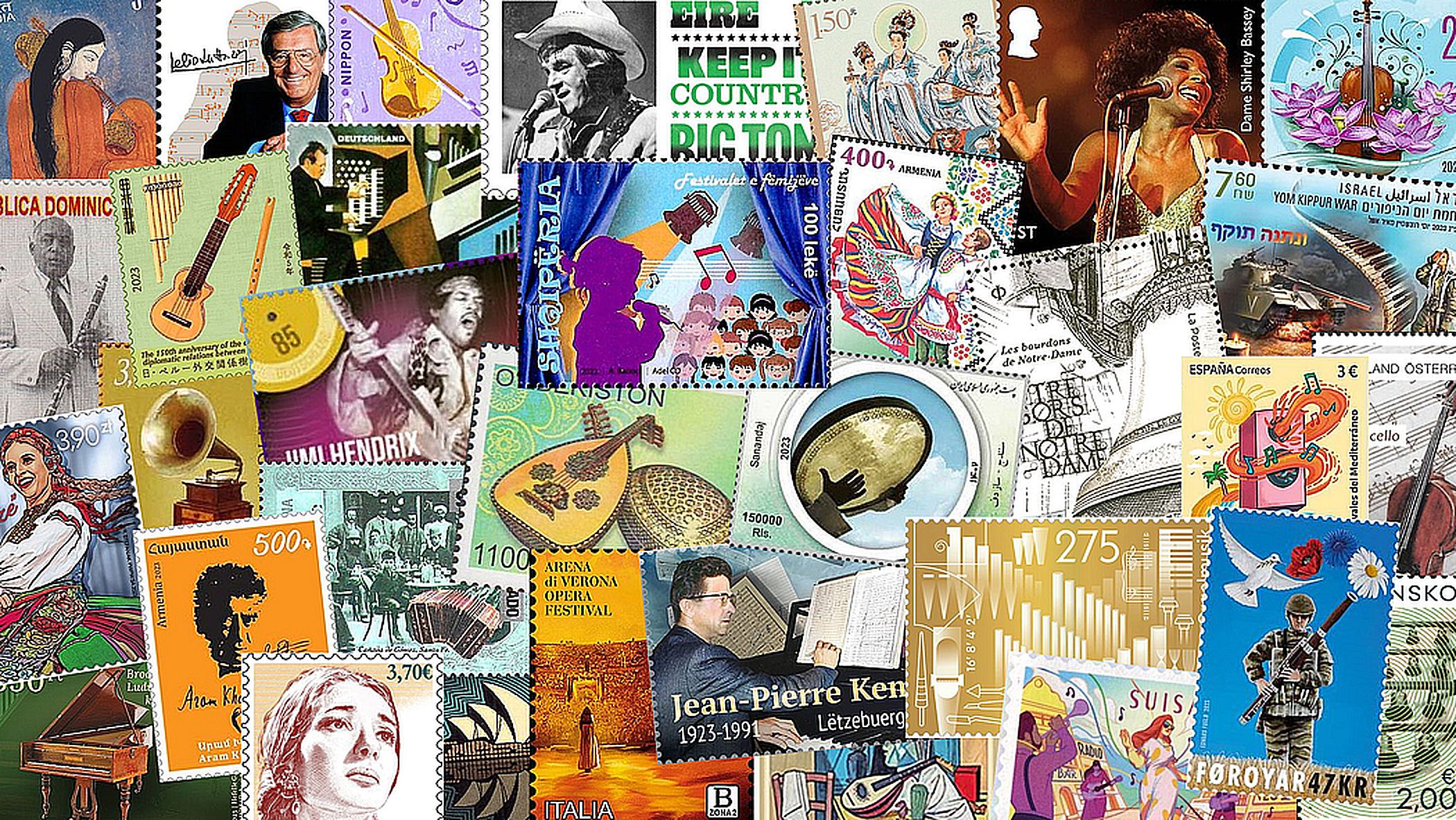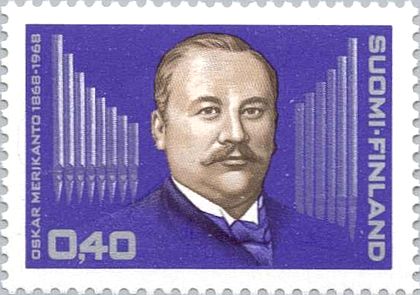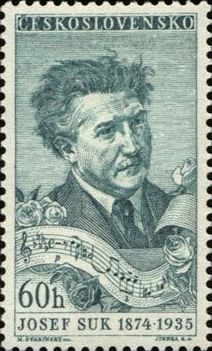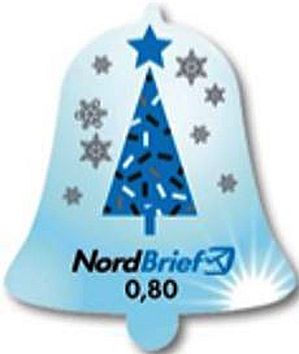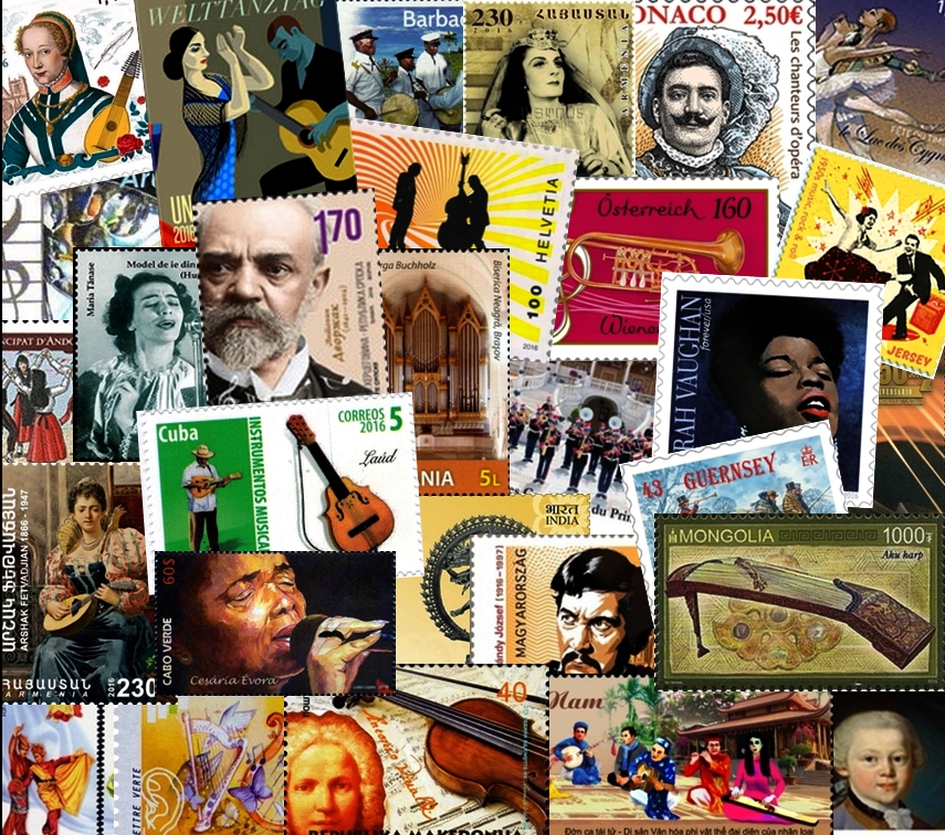1824 – 2024: 200th anniversary of the first performance of
Beethoven’s Ninth Symphony
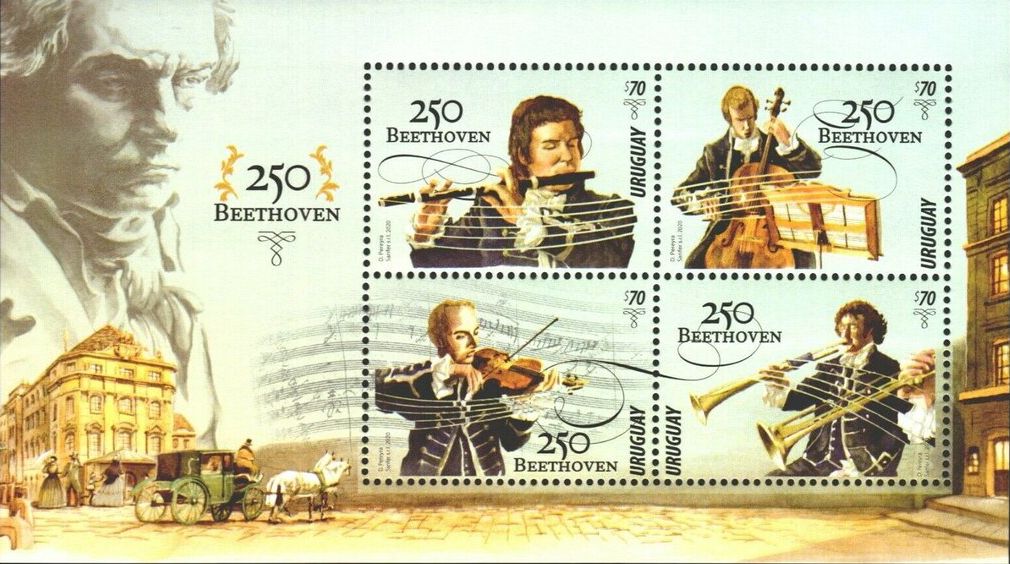
Uruguay 27.10.2020: Kärntnertortheater in Vienna
and excerpt from the autograph for the 4th movement.
On May 7, 2024 we will celebrate the 200th anniversary of the first performance of Beethoven’s Ninth Symphony in the Kärntnertortheater in Vienna.
As early as mid-1792, shortly before his departure for Vienna, Beethoven confided to the Bonn university professor Fistenich that he wanted to set Schiller’s poem “An die Freude” to music. But it was not until 1815/1816 that the first sketches of the 9th Symphony were created. During the summer months of 1821, 1822 and 1823, Beethoven worked on the composition in the health resort of Baden near Vienna. Although the intention of setting Schiller’s hymn to music accompanied Beethoven throughout most of his life, it was not until 1822 that he decided to use the verses in the
The premiere of the 9th Symphony took place on May 7, 1824 at a concert that Beethoven organized in the Kärntnertortheater in Vienna. The conductor Michael Runde conducts with the deaf Beethoven. The soloists are Henriette Sontag (soprano), Caroline Unger (alto), Anton Haizinger (tenor) and Joseph Seipelt (baritone).
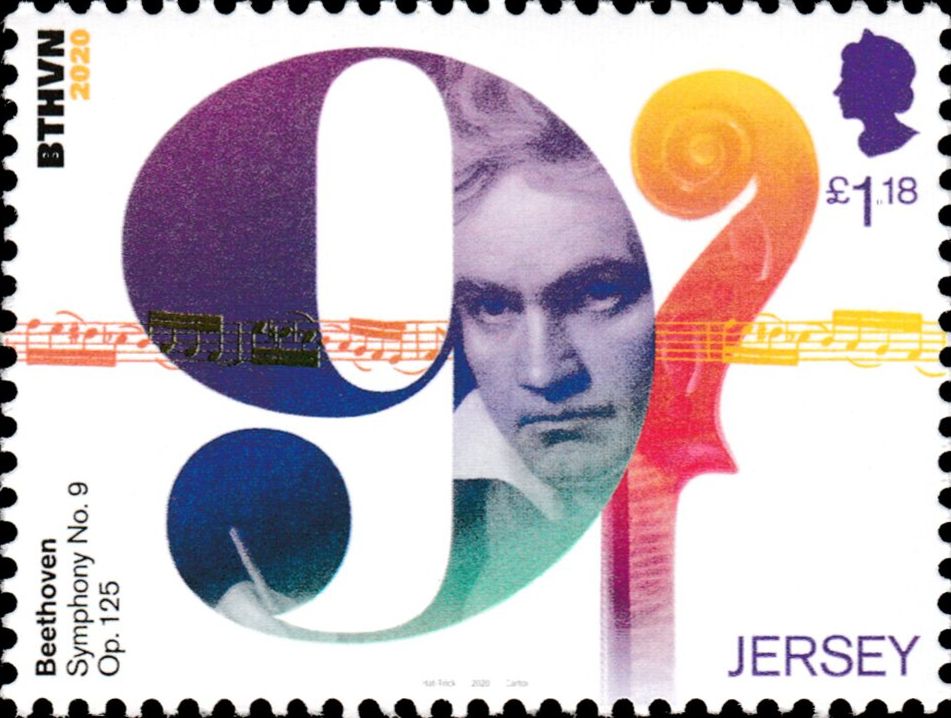
Jersey 26.3.2020: Score from the first movement
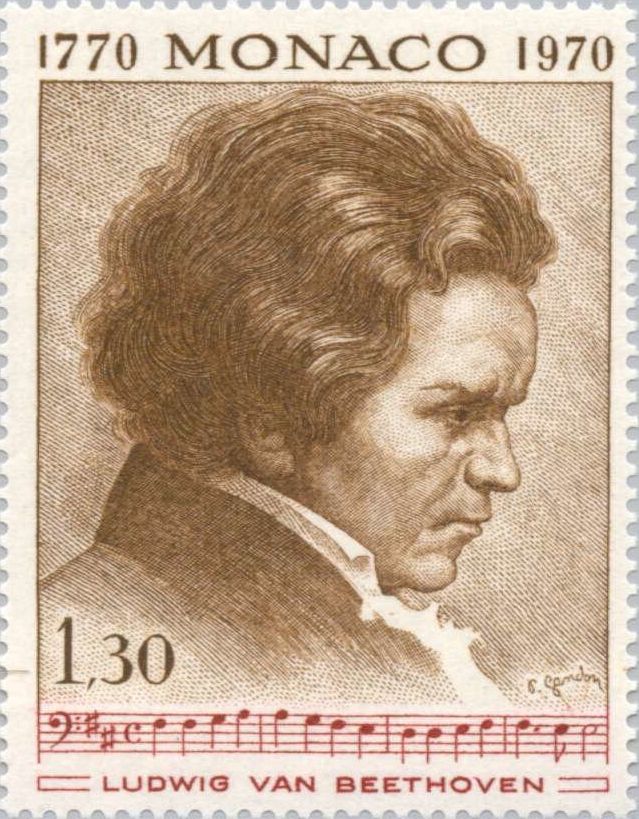
Monaco 15.10.1970: “Ode to Joy” Baritone voice notes
That evening, Beethoven experienced one of the greatest triumphs of his career. After the second movement, the Scherzo, a storm of applause broke out. The composer, who is extremely focused and of course has his back to the audience, doesn’t notice anything because of his deafness until Caroline Unger makes him turn around. The concert continues, and the third movement and the exceptionally long finale also impress the listeners. The big final crescendo sends both performers and listeners into ecstasy. Then the room seems to explode. The audience goes wild with enthusiasm. Because they know, of course, that Beethoven is insensitive to even very loud statements, people wave hats and white handkerchiefs. Beethoven, who is called forward five times – even the imperial family is usually only called three times – stoically accepts the frenetic applause.
Didier Lachnitt (Quellen: Jan Caeyer „Beethoven, Der einsame Revolutionär“; Internet Recherche
9th Symphony performed by the Vienna Philharmonic under the direction of Leonard Bernstein.
“Ode to Joy” (European anthem) performed by the Saarland State Orchestra under General Music Director Sébastien Rouland.
